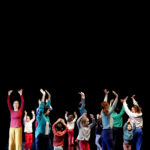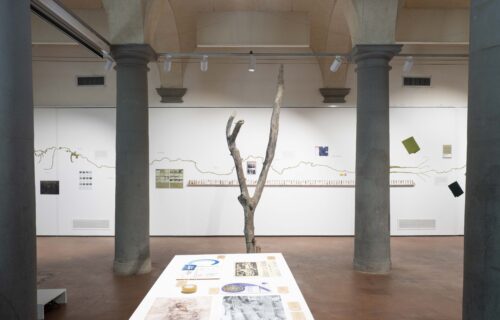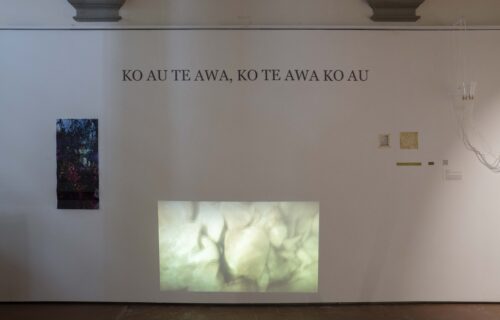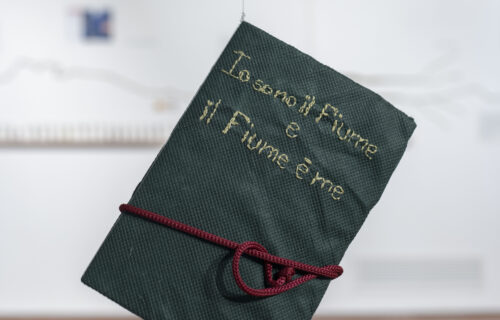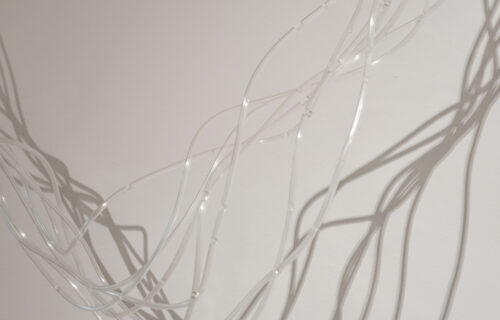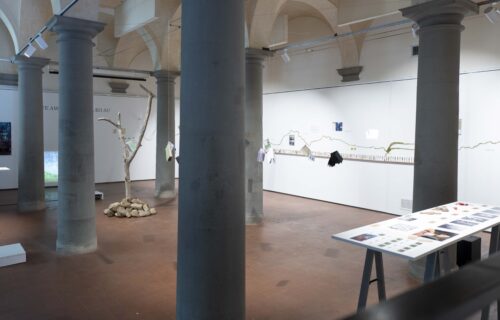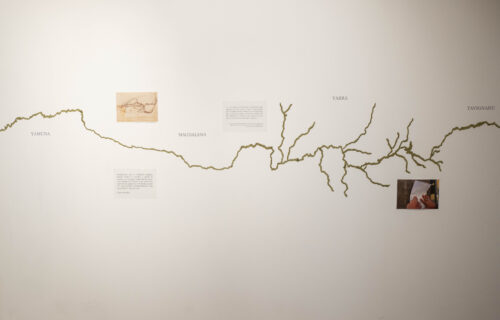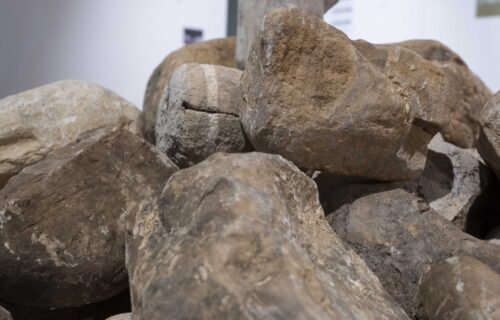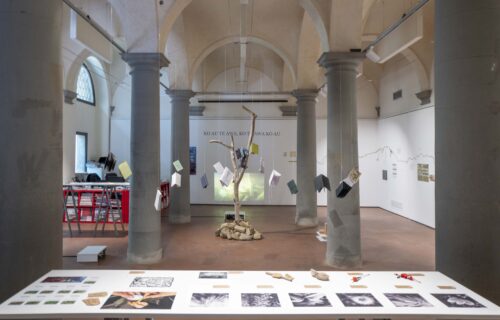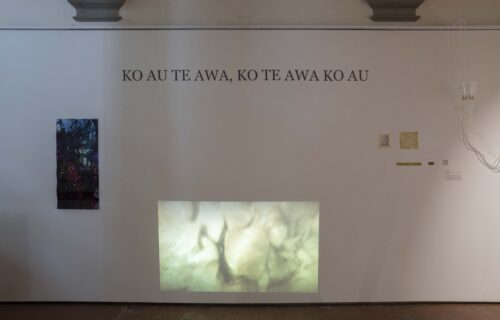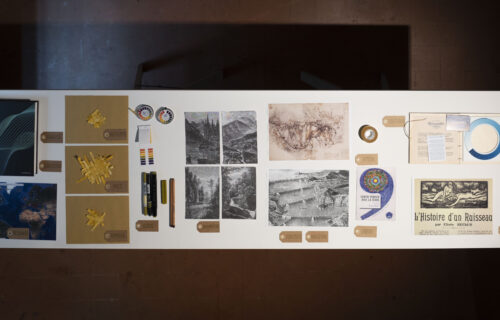In many places of the planet, initiatives and campaigns are multiplying for the recognition of the rights and legal personality of rivers as an innovative tool for their protection. Local and indigenous communities, inspired by the Declaration of the Rights of Mother Earth adopted in Cochabamba (Bolivia) in 2011, are intensifying their efforts in support of a radical paradigm shift from anthropocentrism to the recognition of the rights of all living beings. This is an essential condition for addressing the crisis of civilization and the environment in which humanity is currently embroiled. A network of initiatives, campaigns, and mobilizations contributes to outlining an alternative map, a critical geography of the Anthropocene (www.voicesofrivers.net/maps/), and holds potential solutions within it. At the international level, the Universal Declaration of the Rights of Rivers (https://www.rightsofrivers.org) has been launched to engage global public opinion and broaden the audience of those who are mobilizing for the rights of rivers. This is the context in which the collective A4C-ArtsForTheCommons participated with their work “Vilcabamba-de iura fluminis et Terrae” in the 23rd Sydney Biennale titled “Rīvus,” produced in collaboration with a transnational collective of activists, artists, and academics. As a result of this experience, they were invited to participate in the RIVA Project.
Following the research related to their work “Rīvus,” A4C-ArtsForTheCommons conducted a residency by invitation from MAD in collaboration with Artegiro Contemporary Art. A4C’s methodology is based on a collaborative and participatory approach: workshops, field visits, meetings, site-specific interventions, collective mapping, and collections of experiences presented in the project room on the ground floor of MAD.
The residency involved the formation of a working group of young artists, curators, and cultural mediators who supported research in the Tuscan territory based on three main themes: “Sentipensare con l’Arno” as a mode of “sentimental” and sensory connection with the river ecosystem, “I am the river, the river is me” inspired by the ancestral Maori culture, and “River as an active subject” as an essential premise for imagining a path that recognizes the rights of the Arno River as a river and as an ecosystem.
For more information
055 2476873
info.mad@musefirenze.it

